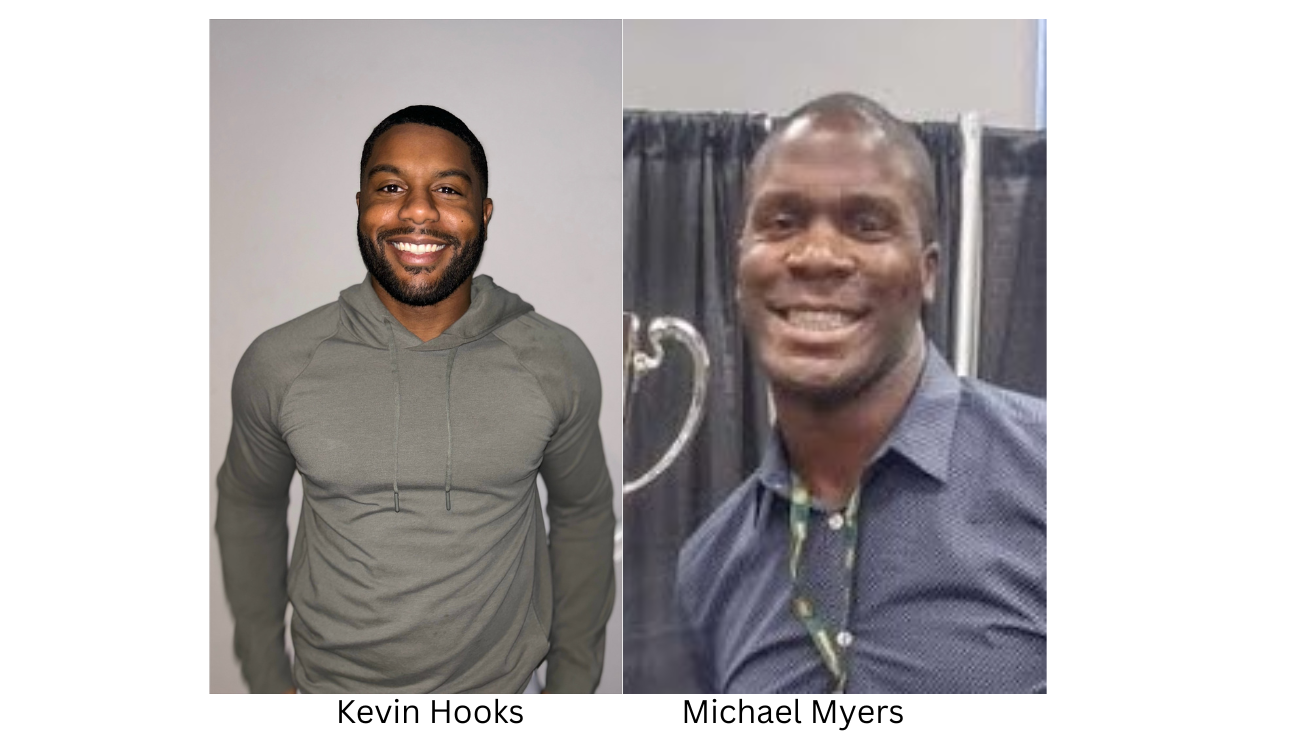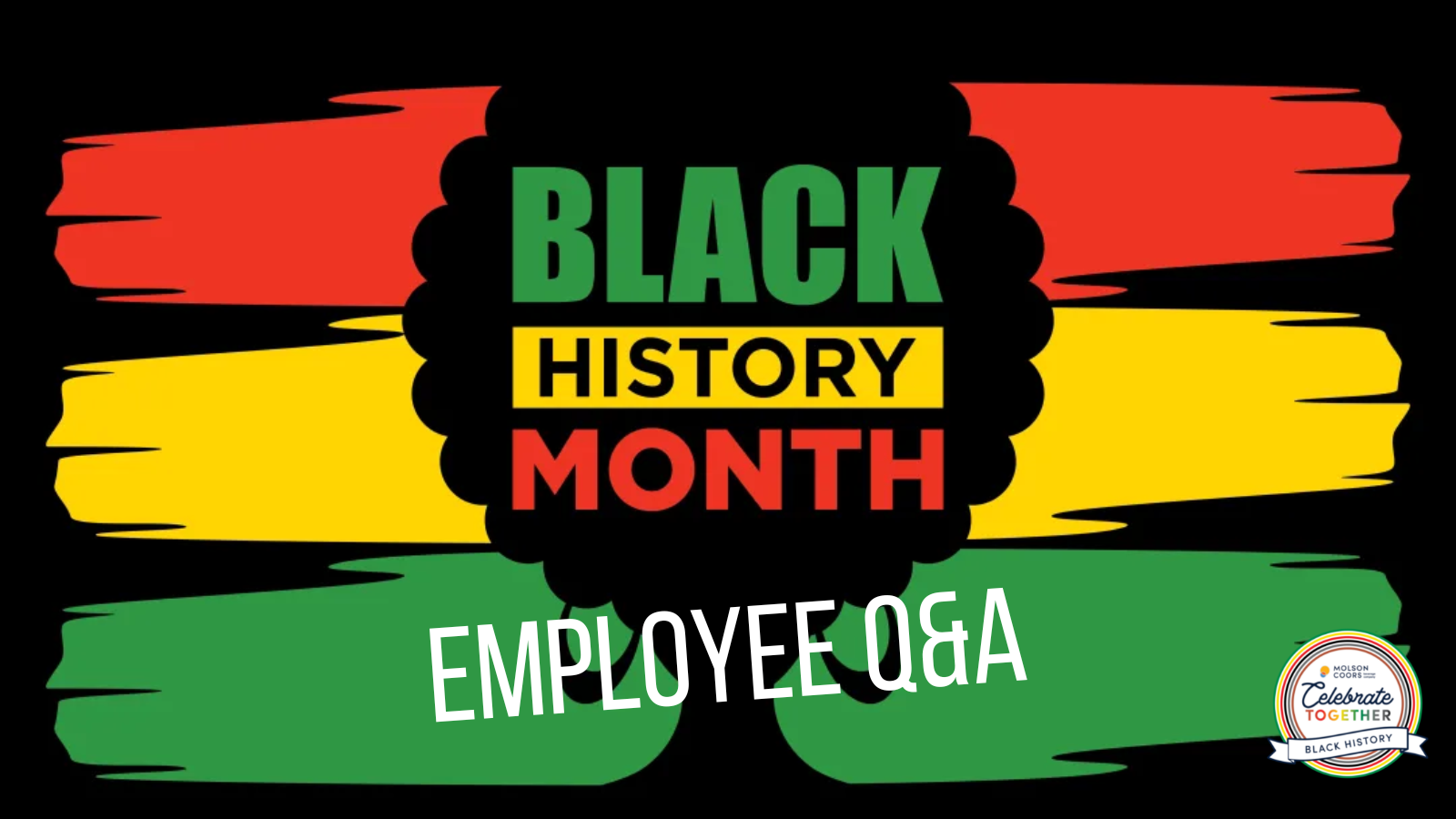Throughout Black History Month, we’re tapping the insights of employees across North America and have asked members of our Black Employee Voices (BEV) employee resource group to weigh in on leadership advice, role models and allyship in the workplace.
What does allyship look like for you?
Deba Briscoe, senior internal auditor: For me, allyship is continually working toward equality for all marginalized groups, striving to be more conscious about our own unconscious biases and not letting the fear of saying the wrong thing stop you from trying. It is the conscious and intentional act of listening. It is understanding that privilege is power. It is recognizing the struggles, roadblocks and hurdles someone from a marginalized group must overcome in life. In other words, allyship is simply practicing the art of listening, the pathway to greater empathy.
Kevin Hooks, learning and development specialist – Golden Brewery: An ally to me is an individual who takes the time to pause and listen to another individual’s background. Alternatively, the word ally applies to those who explore and invest in diverse groups of people to gain a deeper understanding of their unique experiences. Whether one chooses to listen or take action, an ally is a key stakeholder as we strive to attain a more equitable and inclusive workspace.

Michael Myers, sponsorship and events manager: Allyship to me is a common interest between those who want to share and help each other. It’s providing motivation to help one another, while sharing a common bond and sense of being a part of a community or group that is inclusive and diverse.
Arielle Uwonkunda, planning and development manager - Toronto: True allyship to me is  what Kelsey Smoot, a PhD candidate at William & Mary in American Studies, once wrote in the Guardian:
what Kelsey Smoot, a PhD candidate at William & Mary in American Studies, once wrote in the Guardian:
“The truth is, genuine allyship is not kindness, it is not a charitable act, nor is it even a personal commitment to hold anti-racist ideals – it is a fall from grace. Real allyship enacted by White Americans and Canadians, with a clear objective to make equitable the lived experiences of individuals across racial lines, means a willingness to lose things. Not just the extra $50 in one’s monthly budget by way of donating to an organization working towards racial justice. I mean palpable, incalculable loss. The loss of the charmed life associated with being a White person in North America. Refusing a pay raise at one’s job and insisting that it be reallocated to co-workers of color who are undoubtedly being underpaid. The loss of potentially every close relationship with other White friends and family members who refuse to acknowledge or amend their behaviors that reinforce systemic oppression. The loss of bodily safety, by way of physically intervening when violence is being inflicted on to Black bodies.”
For me, the notion of true allyship extends so far beyond the purview of contemporary White engagement with racial justice. It demands actual sacrifice from White people, whether it’s speaking up, (or sacrificing) financially, emotionally, physically or career wise.
Allyship is not about centralizing “kind acts” of White people into a conversation. It’s White people trying to embody/experience/learn/immerse themselves into the everyday lived experience of marginalized groups, and using the privilege that white skin guarantees to support and fight alongside minority causes, knowing well that there will be a cost.

